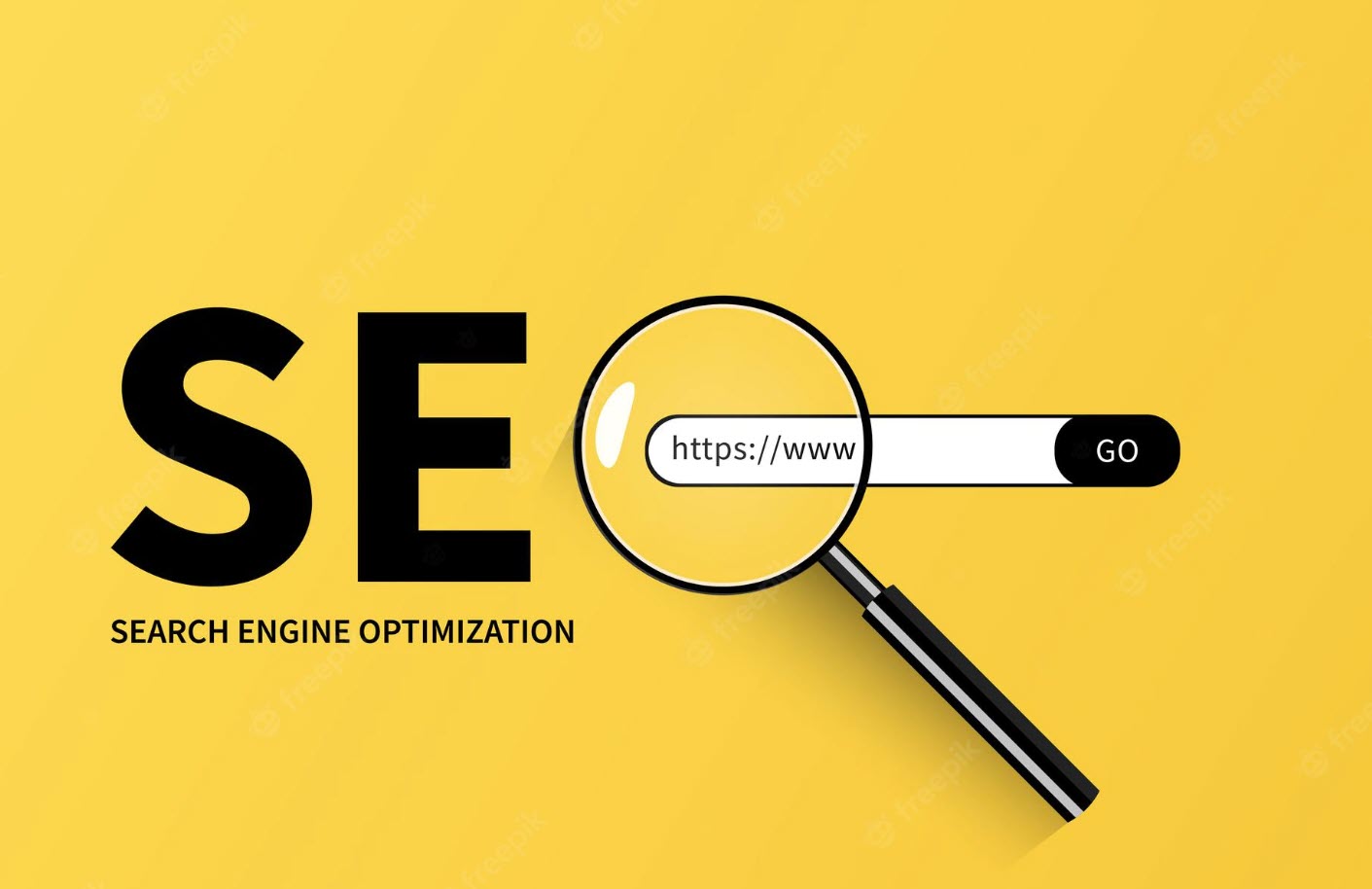This is one of those “best practices” articles that I've been meaning to write for a while, but have never gotten around to it - probably because there are so many good ones out there already. But I thought this was worth writing about, not just because it's one of the best SEO tips, but also because it's something most people don't do. And it's important.
So here you go. The six best SEO tips you need to know. If you follow them, you'll see more traffic coming from Google than ever before. You'll rank higher in Google and other major search engines. Your business will grow faster. You'll be happier, too.
1. Write for humans first and search engines second. This goes far beyond keyword density. It means focusing on what your visitors want to find, rather than what search engine algorithms want to find. For example, if you're selling shoes, you should focus on how your customers use the product, not how the algorithm uses the product. In fact, you should focus on the customer at all times, instead of getting lost in the weeds with SEO.
It's easy to get caught up in the details of search engine optimization and forget why you're doing it in the first place. When you write for humans, you build trust and credibility quickly with your audience, and they'll come back for more. Search engines notice this too, which is why they reward websites that provide high-quality information and useful resources for their users.
2. Use targeted keywords in all the right places. Keyword stuffing isn't going to cut it anymore. People aren't using keywords like "keyword" or "search term" any more. They're using words like "pizza delivery", "guitar lessons" and "car dealer". So you can't stuff keywords into every conceivable section of your website without losing readers. Instead, you need to pick an appropriate number of places where you want to put each keyword, and only use them there.
3. Focus on user experience (UX). UX means making sure that your website looks good and works well, regardless of whether someone finds you through a search engine or someone recommends you to a friend.
To improve your UX, you need to make sure everything on your site is accessible, mobile responsive, and fast enough for everyone who comes across it. There are lots of ways to increase the speed of your site, including caching static content and reducing images.
4. Focus on building relevant links. Building links is one of the fundamental principles of SEO, but few people actually understand what it takes to get link juice. Some things to keep in mind when building links include:
- Focus on authoritative sites like Wikipedia and Stanford University.
- Don't overdo it; don't try to game the system by spamming blog comments and forum posts.
- Include quality links on your own website pages, not just external links.
5. Format content for featured snippets. Featured snippets show up in Google Search results, along with snippets from webpages, and are designed to display exactly what a searcher would type. To make sure that they show up, your page must contain structured data and a schema.org title (or meta description), with a unique URL that matches the query.
6. Remove anything that slows down your site. A lot of websites slow down as they add new features, but that doesn't mean you should do it. Instead, make things work the way they were supposed to work in the first place. That may require removing some features.
If you're trying to figure out how to make your site load faster, check out our article on the top 10 slowest WordPress themes. Or check out this list of the fastest HTML and CSS frameworks.
I hope these six SEO tips help you get better results with less effort. Please share your thoughts below!
